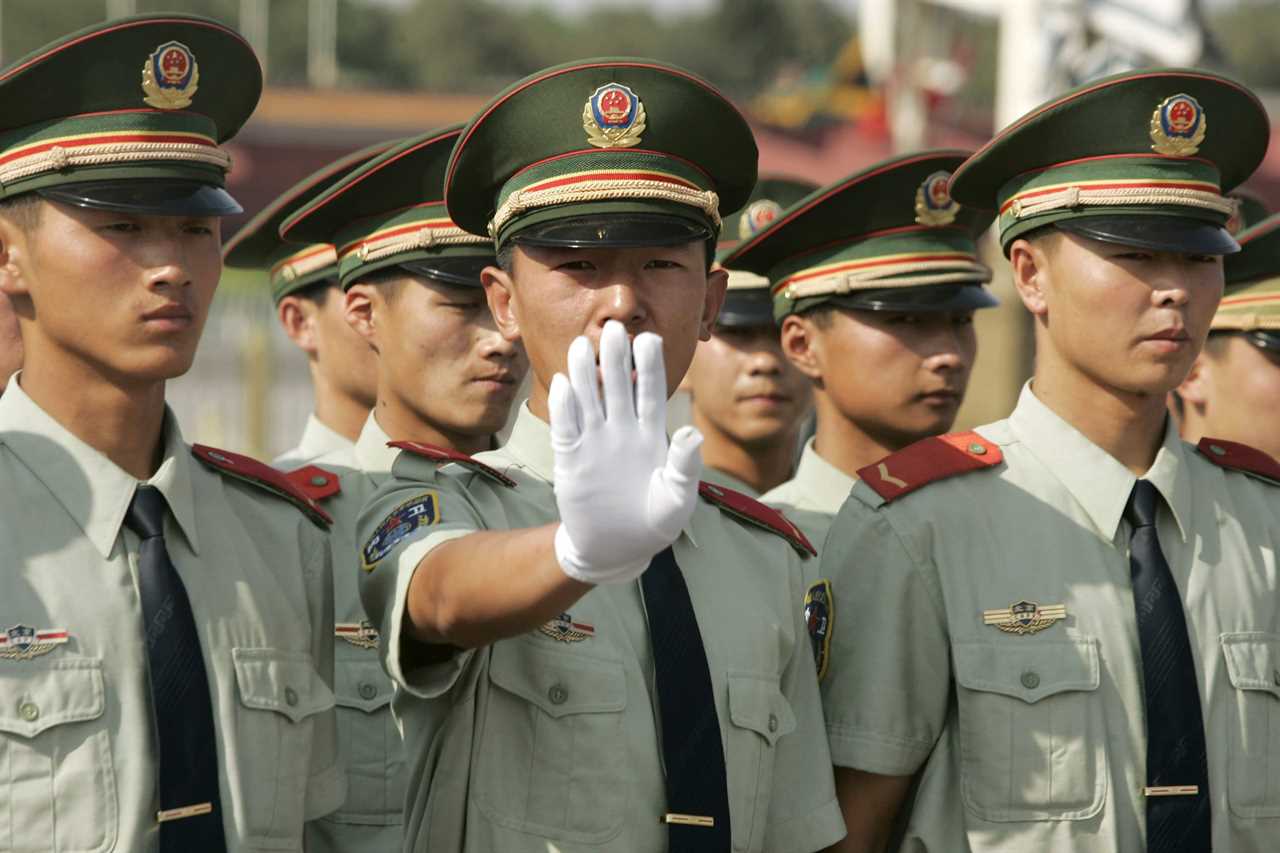Earlier this month, the New York Times published the findings of its multi-year investigation into how Apple has risked Chinese customers’ data and the company’s significant role in the Chinese Communist Party’s censorship regime. In response to new data localization laws passed by the Communist regime in 2017, Apple agreed to transfer all data of Chinese users from its private data centers and onto networks owned and run by a Chinese state-owned company. The consequences of the move have been one of the largest blows to personal data protection rights by a Western company operating in the region.
Apple today freely shares customer data with the Chinese government. Through an internal bureaucracy, Apple also collaborates with Chinese censorship laws, having removed over 55,000 active apps from their App Store.
The company’s “China Sensitivities List” includes mention of the 1989 Tiananmen Square massacre, the Chinese spiritual movement Falun Gong, the Dalai Lama, and independence for Tibet, Taiwan, and Hong Kong. Private citizens are also not exempt, with Guo Wengui, a Chinese businessman based in New York, having landed on the blacklist in 2018 after a direct command by Communist Party officials.
Apple’s actions have not gone unnoticed. Facebook has publicly called out Apple’s lawlessness on privacy given its massive financial stake in China, and the American media caught on. The Washington Post’s editorial board is urging Apple to diversify its supply chain so that it can better resist (or avoid altogether) China’s demands for consumer data. Robert Hackett, a senior writer at Fortune magazine, writes that Apple’s iCloud policies in China are woeful at best.
Walking the line of legality may become increasingly common for multinational corporations attempting to please both the United States and China, Trivium China suggests. For example, while the US Cloud Act enables the subpoena of data held anywhere in the world, Chinese law forbids it. For certain, compliance with local laws raises ethical and business questions for American tech companies operating in countries beyond China. But it is increasingly clear that Western tech corporations must be subjected to greater oversight by the United States.
Neutrality in the tech world has become ever more hazardous as Sino-American relations deteriorate. The United States Congress recently passed a bill designed to explicitly counter China’s progress in advanced technologies, following a growing US-China “proxy war” over smartphones and network infrastructure across Africa. But as Scott Malcomson writes, we are entering an “age of autarky,” in which superpowers strive for self-sufficiency rather than connectivity. Perhaps because of this, there is little attention given to the protection of free speech and consumer data abroad in the policy agenda of the US.
It cannot fall onto technology companies to uphold democratic norms abroad. We have recently witnessed a wave of concessions to the Chinese Communist Party by Western brands regarding claims of human rights violations against the Muslim Uyghur population in Xinjiang during cotton production, and, most concerning, technology corporations handing out the personal data of Hong Kong political dissidents, activists, and democratic party members to the Communist Party and China’s intelligence services in the wake of the Beijing-stamped National Security Law.

Chinese paramilitary police in Beijing’s Tiananmen Square. EPA-EFE/MICHAEL REYNOLDS
For Hong Kong activists like Glacier Kwong, an exiled pro-democracy advocate, the threat of having her private messages turned over to the Chinese Communist Party is akin to the 2004 incident in which Yahoo complied with a Chinese request for identifying information about the journalist Shi Tao after he used a Yahoo account to send a message to a human rights forum in the US about the restrictive coverage of the Tiananmen Square massacre in China.
Shi was arrested and spent nearly a decade in prison as a result of Yahoo’s disclosure, an act that was later described by an Americans congressman as reminiscent of corporate collaboration with Nazi Germany.
In an interview with the South China Morning Post, Kwong says, “If Google or other technology companies comply with this national security law, it is actually helping indirectly… the Chinese government to oppress or crackdown on the civil society.”
A former American government agent involved in the matter said we cannot be confident that companies with a vested interest in expanding their business in China will act as whistle-blowers if they have been asked to turn over information. The sobering lesson here seems to be that we cannot rely on corporations to behave in a transparent and consistent manner and when it comes to non-democratic consumer data markets.
A trilateral competition is emerging between the US, China, and global tech companies over the supremacy of personal data. The United States and other democracies have argued for transparency, whereas China and other authoritarian states like Russia and Turkey demand that data comes under state control. The corporations, on the other hand, want to ensure that their reach remains global — even if that means playing both sides. Perhaps profit, globalization, and democratic governance cannot co-exist, or at the very least, are incompatible with one another in the context of US-China relations.
However, like the US, China and behemoths such as Apple compete for access to data, we must remember the causalities of this conflict: individual rights, civil society, and those who have the courage to speak in the face of persecution – the political dissidents, activists, and the exiled.
 UK PoliticsWorld PoliticsVideosPrivacy PolicyTerms And Conditions
UK PoliticsWorld PoliticsVideosPrivacy PolicyTerms And Conditions
